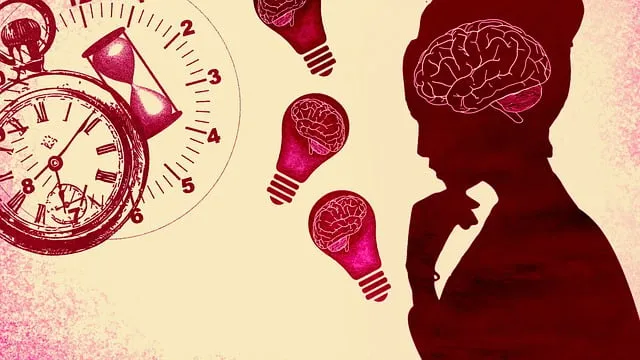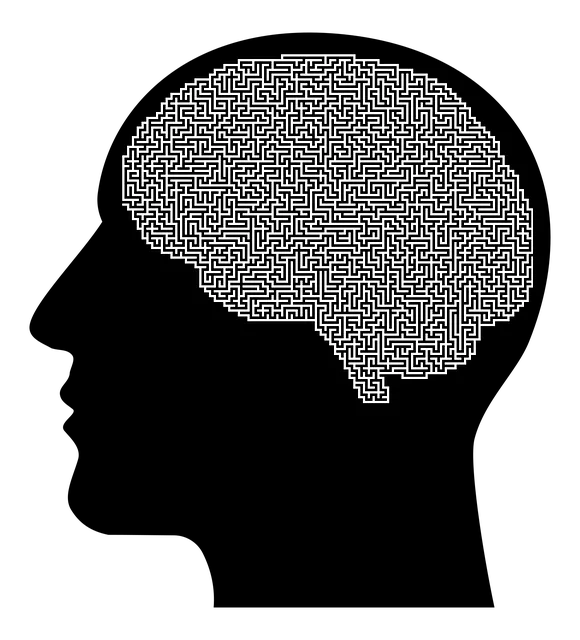Kaiser Permanente utilizes the RFM model, analyzing engagement data to personalize mental health interventions. They've found success with tailored programs like self-care initiatives and mental health education focusing on resilience and conflict resolution. This holistic approach, inspired by Parker Kaiser Permanente's extensive mental health coverage, fosters a culture of resilience and overall well-being. By assessing unique needs, setting goals, and incorporating activities like Social Skills Training, communities can build resilience and create supportive environments. Parker's recovery story highlights the transformative power of integrating RFM practices within healthcare, demonstrating the effectiveness of personalized, culturally sensitive care.
Discover how Resilience, Flexibility, and Mindfulness (RFM) exercises are transforming mental healthcare at Parker and Kaiser Permanente. This article explores the profound impact of RFM on enhancing well-being and resilience among patients. We’ll guide you through a step-by-step implementation process based on proven strategies, followed by an inspiring case study of Parker’s journey towards improved mental health coverage. Learn how these techniques can be adapted for effective integration into modern healthcare settings.
- Understanding RFM and its Impact on Mental Health Support at Kaiser Permanente
- Implementing Resilience Building Exercises: A Step-by-Step Guide
- Parker's Journey: A Case Study of Effective RFM Integration in Mental Healthcare
Understanding RFM and its Impact on Mental Health Support at Kaiser Permanente

At Kaiser Permanente, understanding the RFM (Reach, Frequency, and Retention) model has been instrumental in shaping their mental health support initiatives. This model helps identify and engage individuals who may be at risk or currently struggling with mental health issues. By analyzing patient engagement with mental health services over time, Kaiser Permanente can tailor interventions to address specific needs. For instance, patients who demonstrate high reach but low retention might benefit from enhanced self-care routine development for better mental health programs, ensuring they have the tools to maintain long-term well-being.
Moreover, integrating mental health education programs design that focus on building resilience and teaching effective conflict resolution techniques has been a game-changer. These strategies empower individuals to navigate challenges and promote overall mental wellness. By combining RFM insights with comprehensive mental health education, Kaiser Permanente is fostering a culture of resilience, enabling members to lead healthier, more balanced lives. This approach reflects the organization’s commitment to going beyond traditional coverage and providing holistic support for their patients’ mental health needs.
Implementing Resilience Building Exercises: A Step-by-Step Guide

Implementing Resilience Building Exercises begins with understanding your audience’s needs and setting clear goals. Identify the specific areas where resilience can be strengthened, whether it’s managing stress, improving social skills, or fostering emotional well-being. Parker Kaiser Permanente’s mental health coverage offers a framework for these initiatives, providing resources and support to help individuals thrive.
Next, design engaging activities that align with your goals. Consider incorporating Social Skills Training exercises to enhance communication and interaction, and Community Outreach Program Implementation to foster a sense of belonging and purpose. Regularly assess the program’s effectiveness through feedback mechanisms and adjustments based on participants’ progress in Stress Management. This iterative process ensures that the Resilience Building Exercises remain impactful and tailored to the evolving needs of your community.
Parker's Journey: A Case Study of Effective RFM Integration in Mental Healthcare

Parker’s story is a powerful example of successful RFM (Recovery, Resilience, and Mental Health) integration within the healthcare system, particularly at Kaiser Permanente. This case study highlights how tailored interventions can significantly improve mental wellness outcomes. By incorporating innovative practices, such as the Mental Wellness Podcast Series Production, the organization has shown remarkable success in supporting individuals on their recovery journeys.
The cultural sensitivity approach, an integral part of Parker’s treatment plan, was adapted from the Cultural Sensitivity in Mental Healthcare Practice guidelines. This personalized method ensured that Parker received culturally responsive care, fostering a deeper connection with his healthcare providers. The implementation of crisis intervention strategies, as outlined in the Crisis Intervention Guidance, further strengthened Parker’s ability to navigate challenges and maintain resilience throughout his recovery process.
The implementation of RFM (Resilience, Flexibility, and Mindfulness) exercises within mental healthcare systems, as demonstrated by Parker’s journey at Kaiser Permanente, offers a promising approach to enhancing patient support. This case study highlights the positive impact on mental well-being, particularly for individuals seeking comprehensive care. By integrating these practices into routine treatment plans, mental health professionals can equip patients with valuable tools to navigate life’s challenges, ensuring better long-term outcomes and improved quality of life for those under their care, especially in the context of Parker Kaiser Permanente mental health coverage.





